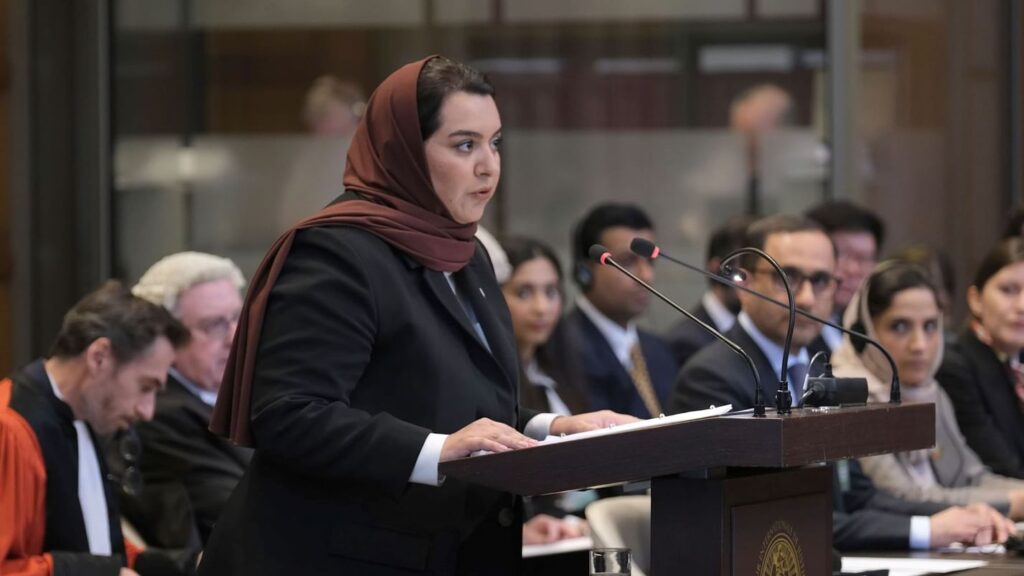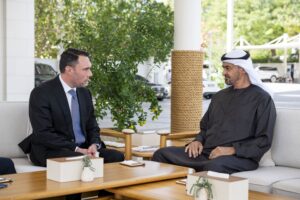UAE Sets Global Benchmark in Political Empowerment of Women

Abu Dhabi, The Gulf Observer: The United Arab Emirates (UAE) has established a pioneering model in the political empowerment of women, driven by a strong belief in their competence and capacity to make a meaningful impact across all sectors, while contributing effectively to the nation’s sustainable development.
The landmark 2019 decision to raise women’s representation in the Federal National Council (FNC) to 50 percent reflected the UAE leadership’s forward-looking vision of strengthening women’s participation in political life. This historic step placed the UAE first in the Arab world and the wider region, and fourth globally, in terms of female parliamentary representation, according to the Inter-Parliamentary Union.
Emirati women’s political journey began in 2006, when they participated as both voters and candidates in the country’s first electoral process. In 2007, the 14th legislative term of the FNC saw nine women elected, accounting for 22.5 percent of the membership. Subsequent terms witnessed steady representation, with seven women (17.5 percent) in 2011, eight women (22 percent) in 2015, culminating in the unprecedented 50 percent representation from 2019 through the current 18th legislative term in 2023.
A historic milestone was reached in 2015 when Dr. Amal Al Qubaisi became the first woman in the Arab world to lead a parliamentary institution after being elected Speaker of the FNC.
Several FNC members emphasized that the empowerment of Emirati women reflects the UAE’s commitment to partnership and complementarity in nation-building, leading to groundbreaking achievements across sectors.
Amna Ali Salem Ali Al Odaidi highlighted that women’s active political role is a result of the visionary legacy of the late Sheikh Zayed bin Sultan Al Nahyan, the continued support of the wise leadership, and the tireless efforts of H.H. Sheikha Fatima bint Mubarak, the Mother of the Nation and Chairwoman of the General Women’s Union.
Maryam Majid bin Theneya noted that Emirati Women’s Day serves as an annual occasion to celebrate women’s achievements, particularly in politics and legislation, while affirming that women’s parliamentary participation is a cornerstone of comprehensive national development.
Mona Khalifa Hamad affirmed that Emirati women remain indispensable partners in shaping the country’s future and achieving its sustainable development goals.
Aisha Rashid Laitim underlined that the UAE’s success in women’s empowerment is the result of a long-standing approach rooted in the early days of the Union, built on the conviction that women are a fundamental pillar of nation-building.
Sumaiya Abdullah Salim bin Hareb Al Suwaidi stressed that women’s presence in leadership and politics is the outcome of a comprehensive vision providing equal opportunities across education, professions, and governance.
Aisha Ibrahim Al Marri added that women today are active partners in shaping public policy, while Mona Rashid Tahnoon emphasized that none of these historic milestones would have been possible without the unwavering support and confidence of the UAE’s leadership in women’s ability to contribute to nation-building.


